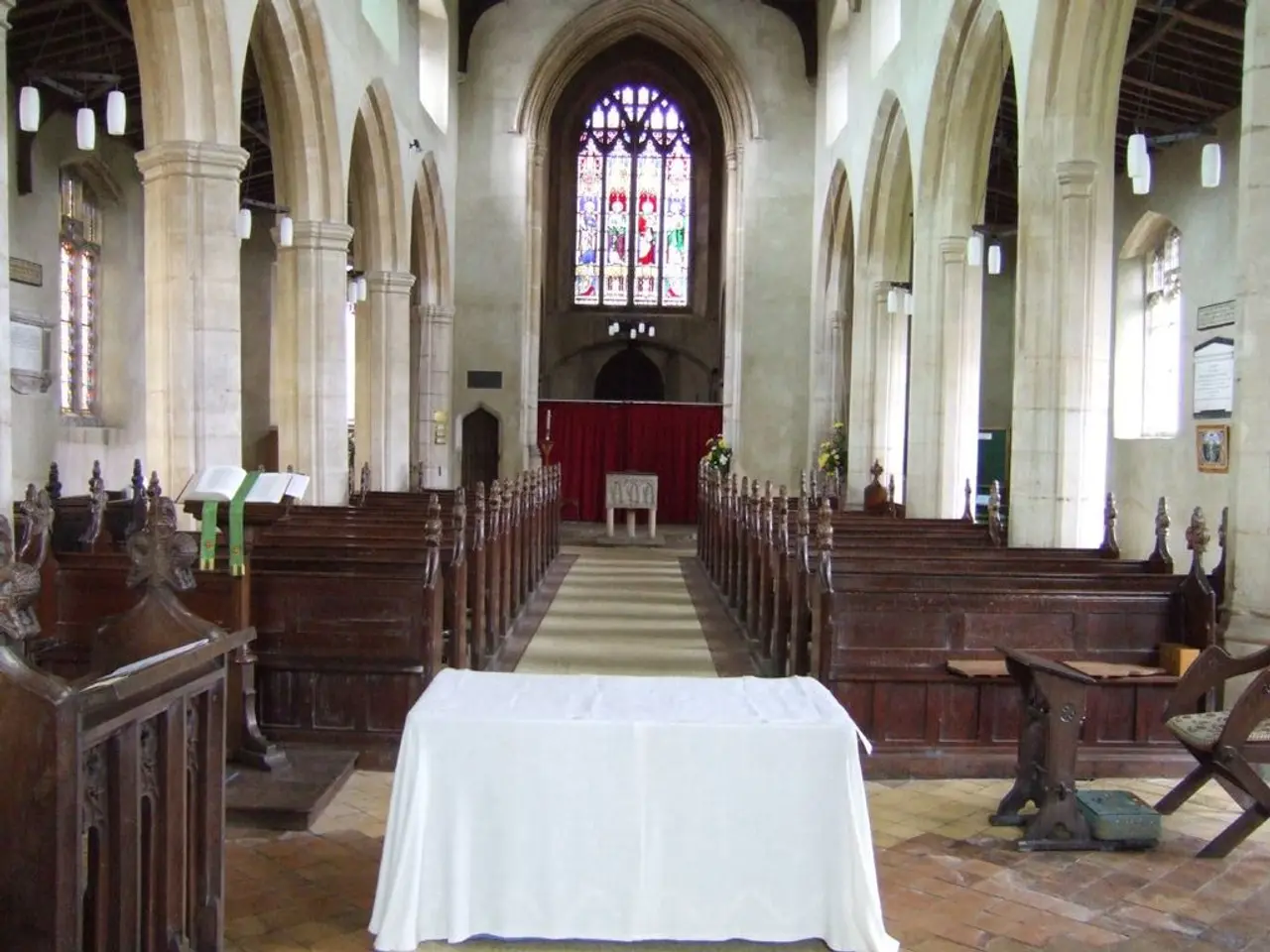Executive of Labor Union
The Union Executive in India, as outlined in Articles 52-78 (Part V) of the Indian Constitution, is a crucial component of the government structure. This body is responsible for the execution and administration of the country's affairs and consists of the President, Vice President, Prime Minister, council of ministers, and the Attorney General of India.
The President of India, as the Chief Executive, holds significant executive powers and responsibilities. These powers are exercised mostly on the advice of the Council of Ministers headed by the Prime Minister. The President serves as the formal head of the executive branch, with all executive actions of the Union government being taken in the name of the President (Articles 52-53, 78).
The President also has the authority to make rules to authenticate official documents and streamline government business transactions, including the allocation among ministers (Article 77). In terms of appointment, the President appoints the Prime Minister, other ministers, Governors of states, the Attorney General of India, the Comptroller and Auditor General, Chief Election Commissioner and Election Commissioners, members of the Union Public Service Commission, and the Finance Commission (Articles 75, 153, 76, 148, 324).
The President can require information from the Prime Minister or any minister about Union administration and call for matters to be considered by the Council of Ministers (Article 78). The President also plays a key role in the legislative process, summoning and proroguing Parliament and can dissolve the Lok Sabha (Article 85). The President gives assent to bills passed by Parliament, which is necessary for legislation to come into effect.
The President also has responsibilities in the administration of Union Territories, appointing administrators to manage these territories directly (Article 239). In addition, the President has powers to declare areas as Scheduled or Tribal and oversee their administration (Article 244).
While the President holds broad constitutional powers for appointment, administration, legislative functions, and oversight, these powers are exercised largely on the advice of the Prime Minister and the Council of Ministers, reflecting the parliamentary system established by the Constitution.
The Prime Minister of India, as a part of the Union Executive, plays a pivotal role in the functioning of the government. The council of ministers, also a part of the Union Executive, is appointed by the President on the advice of the Prime Minister. The Vice President of India, while having a limited role in day-to-day governance, serves as the ex-officio chairperson of the Rajya Sabha, the upper house of the Indian Parliament.
The Attorney General of India, another member of the Union Executive, is the chief legal advisor to the Government of India and plays a crucial role in interpreting the law and providing advice on legal matters.
In conclusion, the Union Executive in India, as detailed in the Indian Constitution, is a complex yet essential component of the government structure. The roles and powers of the President, Prime Minister, council of ministers, Vice President, and the Attorney General are intricately intertwined, reflecting the parliamentary system of the country.
[1] https://indiankanoon.org/doc/1281267/ [2] https://indiankanoon.org/doc/1281273/ [3] https://indiankanoon.org/doc/1281278/ [4] https://indiankanoon.org/doc/1281283/ [5] https://indiankanoon.org/doc/1281288/
The Union Executive, as outlined in the Indian Constitution, is a key player in policy-and-legislation, politics, and general news. This is due to the President's responsibilities in appointing key officials, executive powers, and roles in legislation, while the Prime Minister leads the council of ministers and plays a pivotal role in the functioning of the government, setting the course for policy-making. The Attorney General, as the chief legal advisor, is also essential in interpreting laws and providing advice on legal matters, making headlines in legal news.








